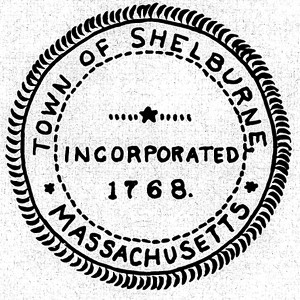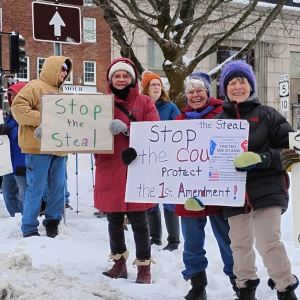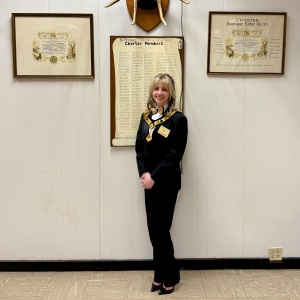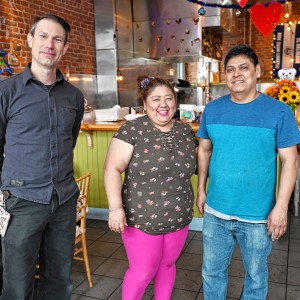My Turn: Valuing the grave work of funeral service providers

STAFF FILE PHOTO STAFF FILE PHOTO
| Published: 05-10-2024 4:26 PM |
When my parents died unexpectedly 30 days apart, I never questioned if the funeral professionals caring for my father realized that they had also cared for my mother only weeks before. Are any of us, when in the vise grip of loss and grief, engulfed in memories of lives once intricately intertwined, aware of how our own loss might also affect those who provide after death care? I suspect not.
However, I have since realized that they most certainly did know. And not only because they helped write and publish my parent’s obituaries just weeks apart.
Working on the front lines of funeral service since has allowed me to be an acute observer of those who provide after death care for both the dead and, even more so, for their grieving families. I work in a network of four funeral homes, a mortuary transport service, and a crematorium. This includes a “high volume” funeral home.
According to the National Funeral Directors Association, the average association member funeral home serves 113 families a year. At our flagship funeral home, we serve approximately 800 families a year.
When I searched online articles discussing the work of funeral home workers, I found most of them focused on the “$23 billion funeral home industry,” rthe ising costs of cremation and other funeral home services for consumers, and the current trend of funeral home acquisition by public and private investment ventures. There was a dearth of articles that addressed the people who do the work of funeral service.
Funeral homes in the majority of states are run by professional funeral directors who have very specialized education, then are required to pass state and national licensing exams. Not only must they be very skilled, sensitive, and creative to meet the immediate and long-term needs and expectations of grieving families, they also must be aware of shifting social trends and economic forces if they are to remain a financially viable business.
In all they do, they must adhere to professional ethical standards and navigate a complex labyrinth of state and federal legal regulation aimed at protecting consumers of funeral services.
Article continues after...
Yesterday's Most Read Articles
 Shelburne Selectboard determines police detective will retain job
Shelburne Selectboard determines police detective will retain job
 Local ‘Hands Off!’ standouts planned as part of national effort
Local ‘Hands Off!’ standouts planned as part of national effort
 ‘She is our future’: Thirty years after permitting women to join, Montague Elks is almost entirely women-led
‘She is our future’: Thirty years after permitting women to join, Montague Elks is almost entirely women-led
 Cooking up an expansion: Cocina Lupita eyes second location in Turners Falls
Cooking up an expansion: Cocina Lupita eyes second location in Turners Falls
 Five UMass Amherst students have visas, student status revoked
Five UMass Amherst students have visas, student status revoked
 Greenfield Historical Commission gives nod to apartment proposal for Main Street
Greenfield Historical Commission gives nod to apartment proposal for Main Street
Working with funeral directors are credentialed embalmers and cremationists, funeral arrangers, attendants, business managers, administrative assistants, and housekeeping staff. I witness the emotional toll of working in funeral homes for each of these employees.
Why? Because not all death is peaceful. Death is often untimely, enveloped in human tragedies. Like our tendency to look at a car crash on the highway, those of us who work in funeral service see, and feel, the loss and suffering of the grieving family members we serve. We talk to each other about it because we see our own personal losses, tragedies, and grief in those who walk in our front door every day. That is why many of us choose funeral service work.
Several articles emphasized the profit incentive of funeral service. Not uncommon is the charge that funeral directors realize those profits by strategically selling products and services to a pubic made vulnerable by their sudden grief.
Yet, while costs of labor, caskets, supplies and equipment, maintenance and repair, insurance and gas rise (a single cremation requires temperatures of up to 1,800 degrees Fahrenheit for two or more hours), according to the U.S. Bureau of Labor Statistics, the mean annual wage for the majority of funeral directors who provide death care services is $58,020. Their median annual wage is $51,030. For embalmers, annual wages are less and for most other funeral home workers, much less.
These numbers are remarkable considering the 24-hour-a-day, 365-day-a-year commitment of many funeral directors — and when considering that so few people can embalm a 6-year-old child, handle decomposed bodies not discovered for several days after death, or bury more than a single member of one family at a time (as can happen in car accident or murder scenarios).
Despite these grim, emotionally taxing daily tasks, funeral home staff continue, day after day. We share a commitment to serve others in the darkest hours of their lives, whether answering the phone, transporting and embalming a loved one, or assisting families plan an individualized, detailed service and then seeing it through.
March 11 was annual National Funeral Director’s Recognition Day, a good time to think about the eventual need to better know us and what we do. Most funeral homes welcome the public and encourage inquiries and pre-planning that can reduce the stress of a sudden need for funeral services.
Barry Adams is a retired registered nurse who lives in Heath and Tucson, Arizona. He earned a Ph.D. from Brandeis University studying the meaning and organization of work and the sociology of professionalism.






 As I See It: How liberty itself killed liberalism in America
As I See It: How liberty itself killed liberalism in America My Turn: Invest in hunger-free campuses to make free college truly work
My Turn: Invest in hunger-free campuses to make free college truly work Beth Girshman: Support federal funding of libraries and museums
Beth Girshman: Support federal funding of libraries and museums Dale Moss: Trump, Musk actions will cause long-term damage
Dale Moss: Trump, Musk actions will cause long-term damage
